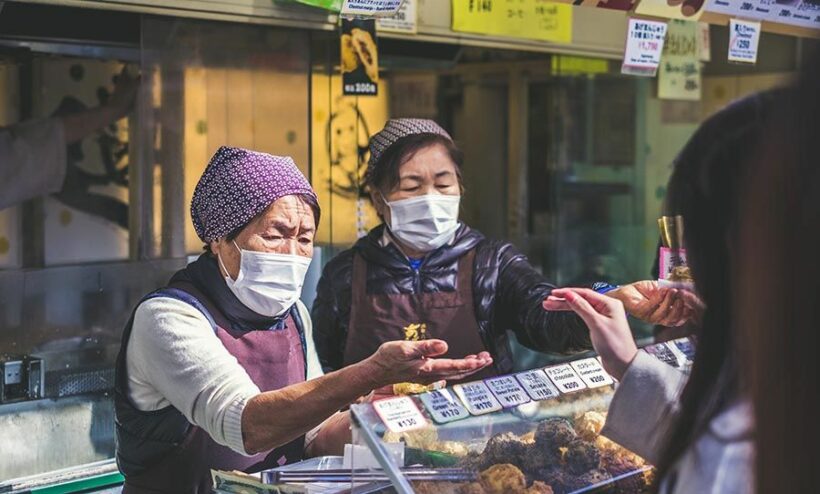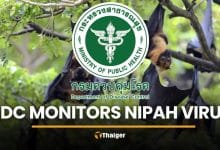Asia on alert for Covid’s second wave

Last week’s surge in new, locally transmitted Covid-19 cases in China, serves as a reminder to the rest of Asia that the possibility of a second wave may be all too real. A similar surprise second wave hit Singapore at the start of April after it appeared the island nation had been successful in containing the new virus.
As restrictions are eased and some nations try to restart their economies following apparent success in controlling the virus, so new cases begin to pop up. In the last month, this has been the case for South Korea, Japan and Australia, leading to renewed lock-downs and flight cancellations.
Most of the new cases in South Korea have been reported in the capital, with many traced to Seoul nightlife venues, following the lifting of restrictions, and bars and clubs reopening for business. On Friday, the country recorded 49 new cases, which means they have now recorded a total of 12,306. Lee Hoan-jong from the Seoul National University Children’s Hospital is not surprised.
“A second wave of infections can come at any time until a Covid-19 vaccine is available.”
In Japan, experts say a second wave of the virus is extremely likely. 41 new cases were reported in Tokyo on Thursday, the third time that week that over 40 cases a day were detected. The capital alone has had 5,674 cases so far and, like South Korea, the recent new cases can be linked to the city’s nightlife. The president of the Japan Association of Infectious Diseases, Kazuhiro Tateda, says the real risk of a second wave will be in the run-up to winter.
“We do know that there is a lower risk of transmission in the summer months, which means that there is a chance of a second wave from October onwards.”
Meanwhile, Australia has not got off lightly either, with the state of Victoria seeing a surge in new cases in the last week, with 19 new cases recorded in the last 24 hours, taking the total number of cases in the state to 1,836.
The uptick in secondary outbreaks of the virus, particularly in entertainment venues, has made the Thai government very wary about easing up on restrictions to allow pubs and bars to re-open up to date. (Even though they may be allowed to re-open at the start of July)
So, where did the term second wave originate? Michael Baker, Professor of Public Health at the University of Otago in New Zealand, says it was first used during the 1918 Spanish flu pandemic, where a second outbreak proved far worse than either the first, or a subsequent third wave. He believes a country’s chances of avoiding a second wave will depend on the preventative measures they take.
“New Zealand, for example, came out of a lock-down very cautiously into a virus-free country, so there were no cases that could start a fresh outbreak. Several other countries in Asia are also containing this virus in a similar way, so we will not expect to see many cases as they reduce their lock-downs.”
According to a report in Chiang Rai Times, the president of the Asia-Pacific Society of Clinical Microbiology and Infection, Paul Ananth Tambyah, says Asian countries that are still reporting new cases of local transmission are the ones most at risk of a second wave. This includes places like India, which on Friday saw its highest one-day climb to 13,586 cases of the virus. At 380,532, India now has the 4th highest number of cases globally.
Here in Thailand, 1 new imported case was reported yesterday, bringing total numbers to 3,148, with the death toll holding steady at 58. There have been no locally transmitted cases for 27 days, based on yesterday’s data. It’s hoped this will be confirmed as 28 days, later today.
SOURCE: Chiang Rai Times
Latest Thailand News
Follow The Thaiger on Google News:


























